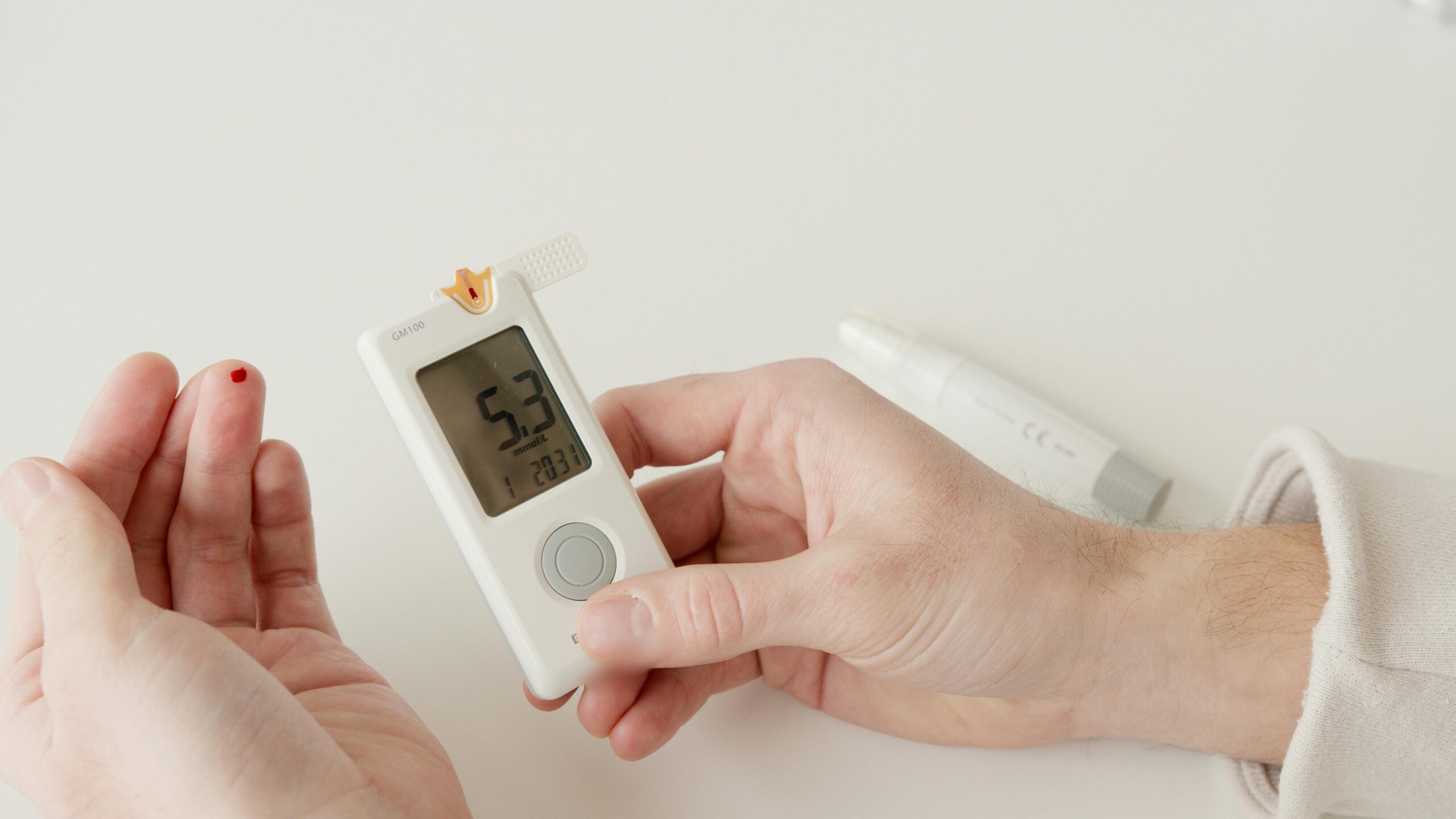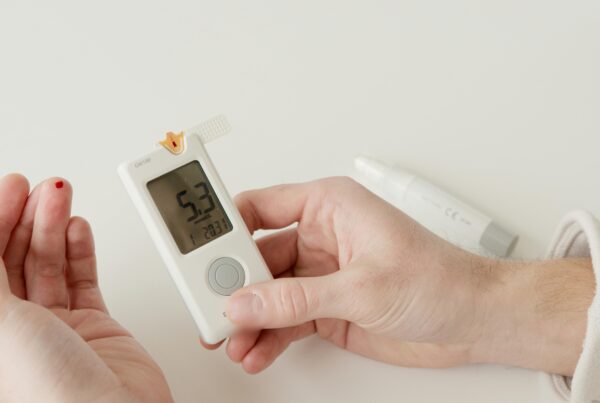Managing blood sugar levels naturally involves a combination of healthy eating, regular exercise, stress management, and certain lifestyle adjustments. Here are some effective strategies:
1. Healthy Diet Choices
- Consume Low Glycemic Index (GI) Foods: Low-GI foods have a slower effect on blood sugar levels. Examples include whole grains (like quinoa and oats), legumes, sweet potatoes, and most non-starchy vegetables.
- Focus on Fiber: Eating fiber-rich foods, like vegetables, fruits, legumes, and whole grains, helps slow the absorption of sugar into the bloodstream.
- Eat Smaller, Balanced Meals: Eating smaller, more frequent meals with balanced proportions of protein, healthy fats, and carbohydrates can prevent blood sugar spikes.
- Limit Processed Foods and Sugary Beverages: Minimize consumption of refined carbs, sugar-sweetened drinks, and fast food, which can cause rapid blood sugar increases.
- Choose Healthy Fats: Incorporate sources of healthy fats such as avocados, nuts, seeds, and olive oil to support overall metabolic health.
2. Regular Physical Activity
- Exercise Regularly: Engaging in physical activity, like walking, cycling, swimming, or strength training, can help lower blood sugar by improving insulin sensitivity. Aim for at least 30 minutes of moderate exercise most days.
- Incorporate Strength Training: Building muscle helps the body use insulin more efficiently, so including strength training a few times a week is beneficial.
3. Stay Hydrated
- Drink Water: Staying hydrated is important for maintaining healthy blood sugar levels. Water helps kidneys flush out excess sugar through urine and supports overall metabolic processes.
4. Manage Stress
- Practice Stress-Reduction Techniques: Chronic stress can raise blood sugar levels due to the release of stress hormones. Yoga, meditation, deep breathing exercises, and mindfulness can help manage stress.
- Get Adequate Sleep: Poor sleep can impact blood sugar levels. Aim for 7-9 hours of quality sleep per night to support hormonal balance and glucose metabolism.
5. Maintain a Healthy Weight
- Lose Excess Weight: If overweight, losing even a small amount (5-10% of body weight) can improve insulin sensitivity and blood sugar control.
6. Incorporate Natural Supplements (With Caution)
Some supplements may help manage blood sugar, but consult with a healthcare provider before starting them:
- Cinnamon: Some studies suggest that cinnamon can help improve insulin sensitivity.
- Fenugreek: Known to help lower blood sugar by slowing down sugar absorption.
- Apple Cider Vinegar: Some research shows it may help improve insulin sensitivity when consumed in small amounts with meals.
7. Monitor Blood Sugar Levels
- Regular Monitoring: Keep track of your blood sugar levels regularly to identify patterns and understand which lifestyle changes are most effective.
Making gradual, consistent changes to your diet and exercise routine can lead to sustainable management of blood sugar levels. Always check with a healthcare provider before making significant changes, especially if you have a condition like diabetes.




